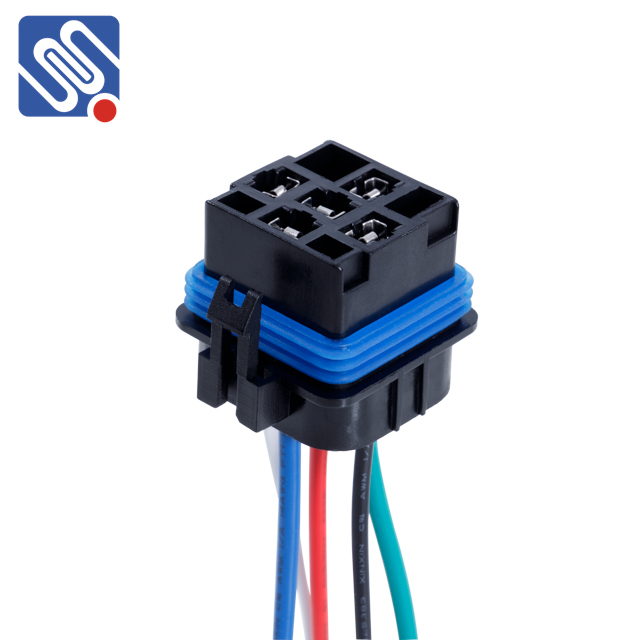the importance of relay connectors in modern electrical systems
Release time:2025-08-07 15:15:52
Relay connectors play a pivotal role in the operation of modern electrical systems, ensuring the effective transmission of power and data across various devices. These connectors serve as the interface between relays and electrical circuits, enabling controlled switching, power delivery, and system protection. Understanding the significance of relay connectors, their types, and their application across different industries can help in choosing the right connector for specific electrical needs.

What are Relay Connectors? At its core, a relay is an electrically operated switch used to control high-power devices with low-power signals. A relay connector is the component that allows the relay to connect to the circuit. It essentially bridges the relay and the connected device, ensuring that electricity flows through the right channels. These connectors are crucial for facilitating the relay's operation, allowing the switching function to occur seamlessly when required. Functionality of Relay Connectors The primary function of a relay connector is to securely connect the relay’s terminals with the circuit. When a relay coil is energized, it creates a magnetic field that activates the switch. Relay connectors ensure that the switch opens or closes correctly, sending signals or power to other parts of the system. A good relay connector minimizes the risks of poor electrical contact, which can result in system malfunctions, power losses, or even damage to the components.

